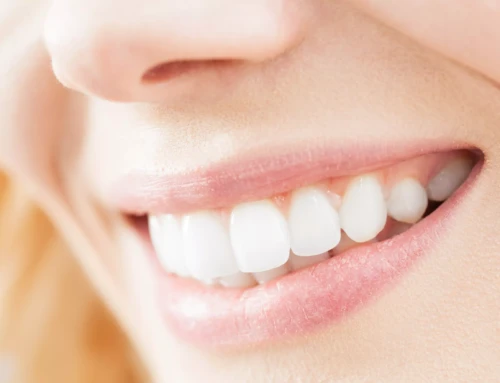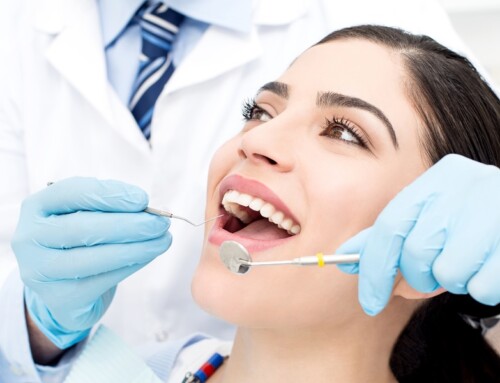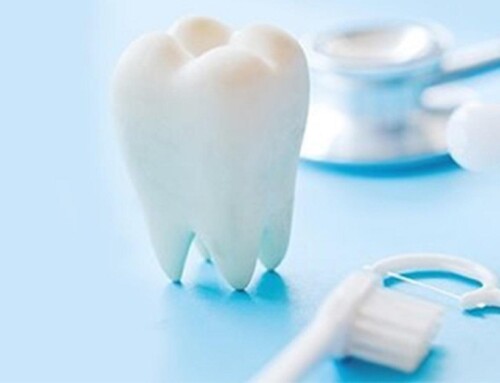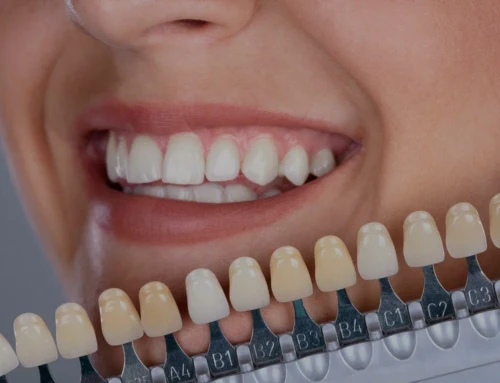Old News, Bad News
Although most people are aware of the reasons behind proper, daily tooth brushing, few people realize that clean teeth and healthy gums can prevent a wide variety of other general, even life-threatening, health problems! When you don’t brush, your mouth’s normal population of bacteria multiplies on your teeth and gums, there depositing a sticky ‘plaque’ substance. This plaque mixes with the sugars and food debris, forms a strong acid substance, and eats away at your enamel.hence, ‘decay’. Over time, the decay works its way into your tooth’s inner layers, causing further destruction. Meanwhile, the outer tooth plaque build-up irritates your gums, causing them to pull away from the teeth, expose the sensitive tooth root structure, and create bacteria/pus pockets. These in turn irritate and destroy the actual bone responsible for holding your teeth in position.
Even more sobering is the fact that the presence of chronic gum disease (periodontal disease or pyorrhea) breaks the protective tissue barrier between normal oral bacteria and your blood stream, allowing bacteria to enter the blood. And although the precise connection isn’t understood, that circulating bacteria can lead to heart infection in people with previously damaged or weakened heart muscle/valves. In fact, gum disease may double your risk for heart disease, and triple your risk of stroke. Gum disease during pregnancy increases the likelihood of a low birth weight baby, and all the accompanying troubles.
Good News You Can Use
The best news is that none of these terrible things have to happen, if you’ll follow good home hygiene habits and come in for regular professional cleanings. Establish a firm habit of brushing twice daily with a soft toothbrush using the proper technique and a quality fluoride toothpaste, and flossing carefully once per day. What’s the best technique? For at least 3-4 minutes each session, brush with a small, angled brush in little, circular motions across all tooth surfaces and all gum-line areas. Cover two-three teeth at a time, applying gentle, firm pressure, and avoid any gum-damaging scrubbing motions. For an even more thorough brushing, consider purchasing an electric Sonicare toothbrush. After brushing your teeth, remember to brush your tongue to remove germs and bacteria and keep your breath fresh. Finally, rinse your entire mouth with water and spit out the debris. And remember to replace that toothbrush every three to four months, so that your bristles remain effectively positioned and so that you don’t harbor harmful bacteria in the old brush.





